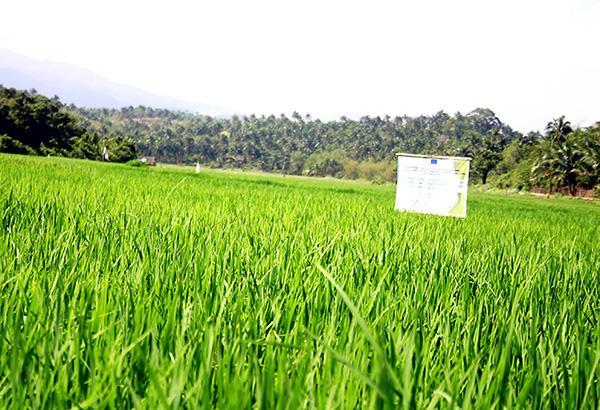The rice varieties are climate-resilient, higher yielding, resistant to major pests and diseases, and resistant to hostile environments.
The collaborative project, titled “Accelerating the development and adoption of next-generation rice varieties for major ecosystems in the Philippines,” is an initiative under the Food Staples Sufficiency Program (FSSP) of the Department of Agriculture (DA), PhilRice and IRRI in partnership with the University of the Philippines-Los Baños, state colleges and universities, local government units (LGUs) and farmers.
It involved the fielding of 206 PhilRice-bred lines, 488 IRRI lines and 72 other lines and was unveiled during an assessment and planning workshop in Subic, Zambales last month.
Georgina Vergara, IRRI scientist, said the 766 rice varieties have been nominated for multi-location environment testing (MET).
She added that the project is intended to mitigate the impacts of climate change on rice production and food security with the development of varieties that could withstand multiple biotic and abiotic stresses.
In 2014, more than 2,000 lines were screened for submergence, 12,000 for salinity, and 80 for drought, she also said.
Thelma Padolina, PhilRice senior research fellow, said it usually takes six years of breeding work, three years of testing, and two years of commercial seed production before farmers can plant a new variety.
The project, she added, would shorten that process and make the new varieties accessible to farmers.
Source: Philippine Star | 06 July 2015














